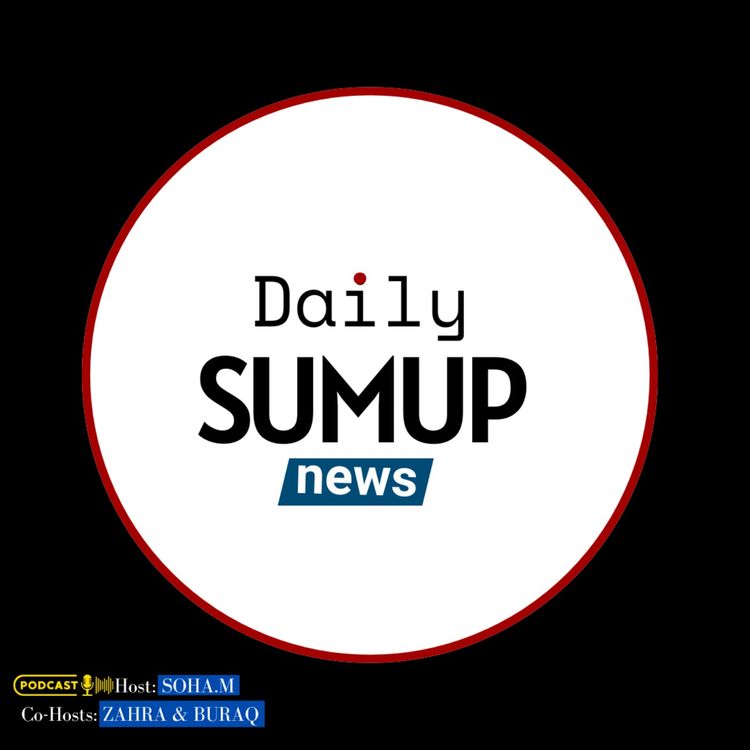Share

Daily SumUp
McDonald’s Scales Back Diversity Initiatives Amid Corporate Trend Shift
McDonald’s, the global fast-food giant, has become the latest major U.S. corporation to revise its approach to diversity, equity, and inclusion (DEI) practices, joining a growing list of companies dialing back their once-ambitious initiatives.
The rollback comes amid mounting political and economic pressures as businesses reevaluate their DEI strategies in the face of evolving public sentiment and legal challenges. McDonald’s announcement aligns with a broader trend observed across corporate America, where diversity-focused efforts are being streamlined, paused, or abandoned altogether.
In a statement, McDonald’s cited a need to focus on “streamlined priorities” and adapt to a “shifting operational landscape.” While the company reaffirmed its commitment to workplace inclusivity, critics argue the reduced emphasis on diversity measures may stall progress in addressing long-standing inequities.
The decision has sparked mixed reactions. Advocates for DEI worry about the potential impact on underrepresented communities and employees who depend on such initiatives for equitable workplace opportunities. On the other hand, some shareholders and political groups have lauded the move as a step toward maintaining business efficiency and avoiding political entanglements.
Industry experts note that the retreat from aggressive DEI practices reflects broader societal debates around the role of corporations in social issues. Companies including Disney and Target have faced similar scrutiny, with conservative backlash influencing the reexamination of initiatives aimed at fostering diversity.
As McDonald’s reconfigures its approach, the fast-food leader joins a complex and divisive conversation about corporate responsibility in the modern era.
The question remains: How will this decision influence the future of workplace diversity in a climate of growing polarization?
More episodes
View all episodes

11691. US Trump to announce data center energy deals during State of the Union
01:46||Season 1, Ep. 11691Trump to announce data center energy deals during State of the Union...
11690. Iran says deal with US 'within reach' ahead of talks in Geneva
01:50||Season 1, Ep. 11690Iran says deal with US 'within reach' ahead of talks in Geneva...
11689. France's Macron Accepts Resignation of Louvre Museum Chief After Jewel Theft
02:29||Season 1, Ep. 11689France's Macron Accepts Resignation of Louvre Museum Chief After Jewel Theft...
11688. G7 leaders reaffirm support for Ukraine amid ongoing war
01:56||Season 1, Ep. 11688G7 leaders reaffirm support for Ukraine amid ongoing war...
11687. Mexico 'guarantees' World Cup safety amid violence
02:09||Season 1, Ep. 11687Mexico 'guarantees' World Cup safety amid violence...
11686. Slovakia threatens Ukraine after Druzhba pipeline hit
01:43||Season 1, Ep. 11686Slovakia threatens Ukraine after Druzhba pipeline hit...
11685. How the four years of war on Ukraine have changed Russia
03:28||Season 1, Ep. 11685How the four years of war on Ukraine have changed Russia...
11684. Ukraine’s Zelensky seeks 2027 EU entry date in peace deal, von der Leyen backs ‘reverse membership’
02:46||Season 1, Ep. 11684Zelensky seeks 2027 EU entry date in peace deal, von der Leyen backs ‘reverse membership’...
11683. Russia launches terror probe into Telegram chief Pavel Durov
02:30||Season 1, Ep. 11683Russia launches terror probe into Telegram chief Pavel Durov...